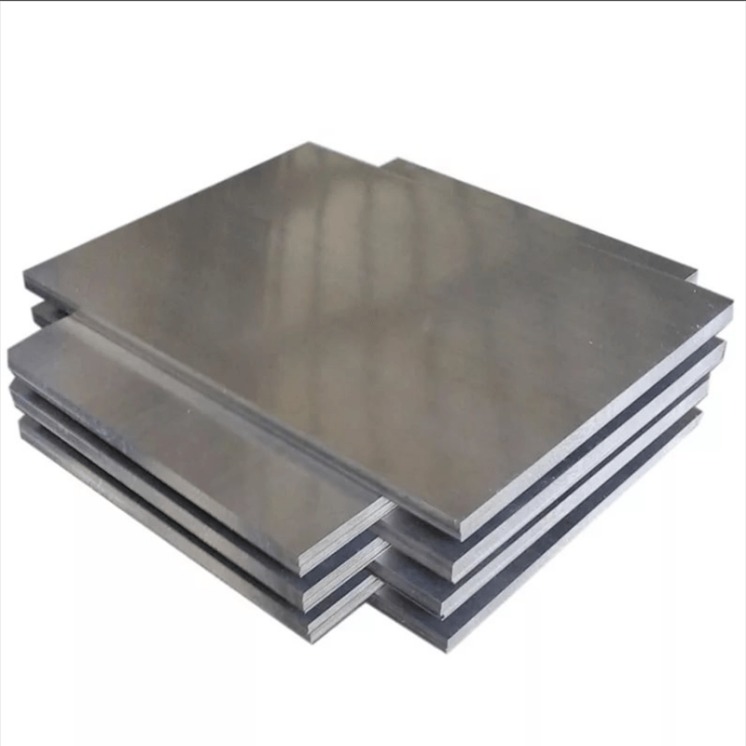When it comes to additive manufacturing, the material used is crucial in determining the quality and properties of the final product. In recent years, In718 powder has emerged as a popular choice among manufacturers for its exceptional characteristics and versatility. Let’s delve into what makes In718 powder so special and how it is revolutionizing the world of additive manufacturing.
The Power of In718 Powder
In718 powder is a nickel-chromium alloy known for its high strength, corrosion resistance, and heat tolerance. These properties make it an ideal material for a wide range of applications, from aerospace components to medical implants. In718 powder is commonly used in additive manufacturing processes such as selective laser melting (SLM) and electron beam melting (EBM) to create complex and high-performance parts with unparalleled precision.
Read more about In718 Powder here.
Benefits of Using In718 Powder in Additive Manufacturing
- High Strength: In718 powder offers excellent mechanical properties, making it suitable for demanding applications that require strength and durability.
- Corrosion Resistance: The corrosion resistance of In718 powder makes it ideal for use in harsh environments where exposure to chemicals or extreme temperatures is a concern.
- Heat Tolerance: In718 powder can withstand high temperatures without losing its mechanical properties, making it a preferred choice for components exposed to heat.
- Complex Geometries: Additive manufacturing with In718 powder allows for the creation of intricate and complex geometries that are difficult or impossible to achieve with traditional manufacturing methods.
FAQs About In718 Powder
- What Industries Benefit from Using In718 Powder?
- Can In718 Powder Be Recycled?
- Is In718 Powder Compatible with Different Additive Manufacturing Technologies?
Various industries, including aerospace, automotive, medical, and energy, can benefit from the use of In718 powder in additive manufacturing. The material’s unique properties make it suitable for a wide range of applications.
Yes, In718 powder can be recycled and reused in additive manufacturing processes, making it a cost-effective and sustainable choice for manufacturers.
Yes, In718 powder is compatible with various additive manufacturing technologies, including SLM, EBM, and direct energy deposition (DED). Its versatility makes it a popular choice for manufacturers looking to create high-quality, complex parts.
Overall, In718 powder has revolutionized the world of additive manufacturing by offering a material with exceptional strength, corrosion resistance, and heat tolerance. Its versatility and compatibility with different manufacturing technologies make it a sought-after choice for industries seeking to create high-performance parts with intricate geometries. As additive manufacturing continues to evolve, In718 powder is set to play a crucial role in shaping the future of manufacturing.




